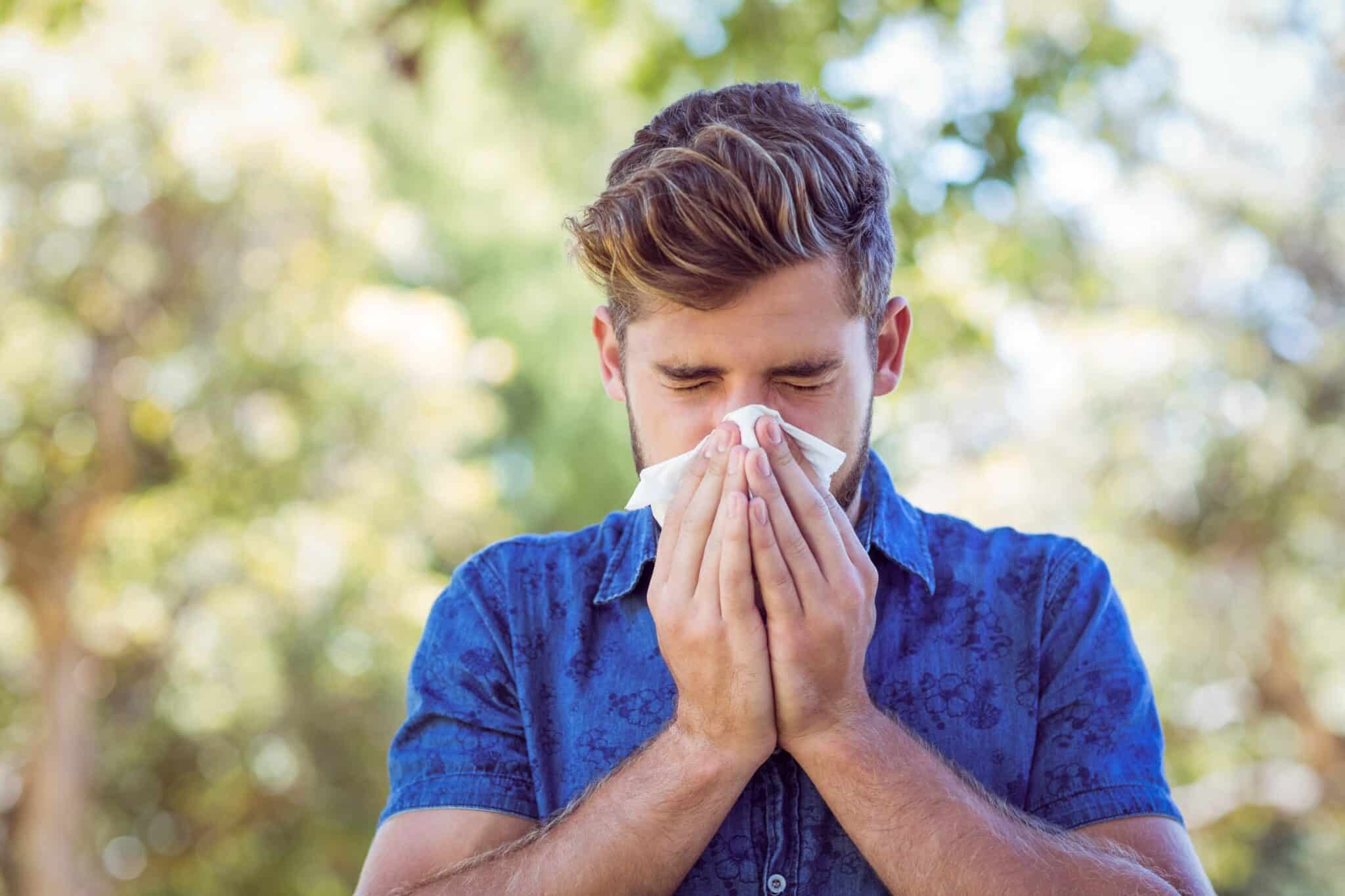Summer allergies can put a damper on the joys of the season. With the right strategies, you can effectively manage and alleviate the symptoms associated with summer allergies. The warmer months increase pollen, mold spores, and insect activity, triggering allergic reactions in many individuals. However, by following some top allergy tips, you can minimize the impact of summer allergies and fully embrace all that summer has to offer. The tips below will help you manage your summer allergies to enjoy the summer months without allergies bothering you.
Tips For Summer Allergies
- Monitor Pollen Levels: Pollen is a common allergen during the summer months. Stay informed about local pollen forecasts and plan your outdoor activities accordingly. Typically, pollen levels are highest in the early morning and late afternoon. Try to limit your time outside during these peak hours. Consider wearing sunglasses to protect your eyes from pollen and a hat to prevent it from settling in your hair. When indoors, shower to rinse any residual pollen and change into fresh clothing. Keep windows closed and use air conditioning with a HEPA filter to reduce indoor pollen exposure.
- Maintain a Clean Living Environment: Dust mites and mold thrive in humid environments, which are prevalent during the summer. To minimize exposure to these allergens, keep your living environment clean. Vacuum carpets and upholstery regularly using a vacuum cleaner equipped with a HEPA filter. Wash bedding in hot water weekly to eliminate dust mites. Keep indoor humidity levels below 50% by using dehumidifiers or air conditioners. Properly ventilate moisture-prone areas, such as bathrooms and basements, to prevent mold growth.
- Limit outdoor activities on windy days: Windy conditions can exacerbate pollen dispersal, increasing the chances of allergy symptoms. Check weather forecasts and plan your outdoor activities on calmer days to minimize exposure.
- Avoid line-drying clothes: While it may be tempting to hang your laundry outside, pollen can easily cling to clothes and linens. Opt for using a dryer instead to prevent pollen from hitching a ride indoors.
- Seek Professional Allergy Treatment: If your summer allergies are severe or persist despite self-care measures, it may be time to seek professional help. Consulting an allergist, such as those at McGovern Allergy & Asthma Clinic, can provide valuable insights and personalized treatment options. An allergist can accurately diagnose your allergies and develop a comprehensive treatment plan. They may recommend over-the-counter or prescription medications to manage your symptoms effectively. In some cases, allergen immunotherapy, such as allergy shots or sublingual tablets, may be recommended to desensitize your immune system to specific allergens. Working with an allergist can offer long-term relief and coping strategies for summer allergies.
Monitoring Pollen Levels For Summer Allergies
Summer allergies need not hinder your enjoyment of the season. By monitoring pollen levels, maintaining a clean living environment, and seeking professional allergy treatment, you can effectively manage summer allergy symptoms and maximize the sunny days ahead. When you monitor the pollen levels outside, you know exactly when you should plan your outdoor activities so they don’t interfere with your summer allergies. When you monitor pollen levels, maintain a clean living environment, limit outdoor activities on windy days, avoid line-drying clothes, and seek professional allergy treatment, you will see a difference in your summer allergies daily.
McGovern Allergy & Asthma Clinic is here to help with your summer allergies. With our expertise in allergies and asthma, our allergists are here to help you with your allergy needs, especially summer allergies. If your summer allergies persist or significantly impact your daily life, consider contacting our allergist team for expert guidance and customized solutions: https://mcgovernallergy.com/allergy-shots-in-houston/

